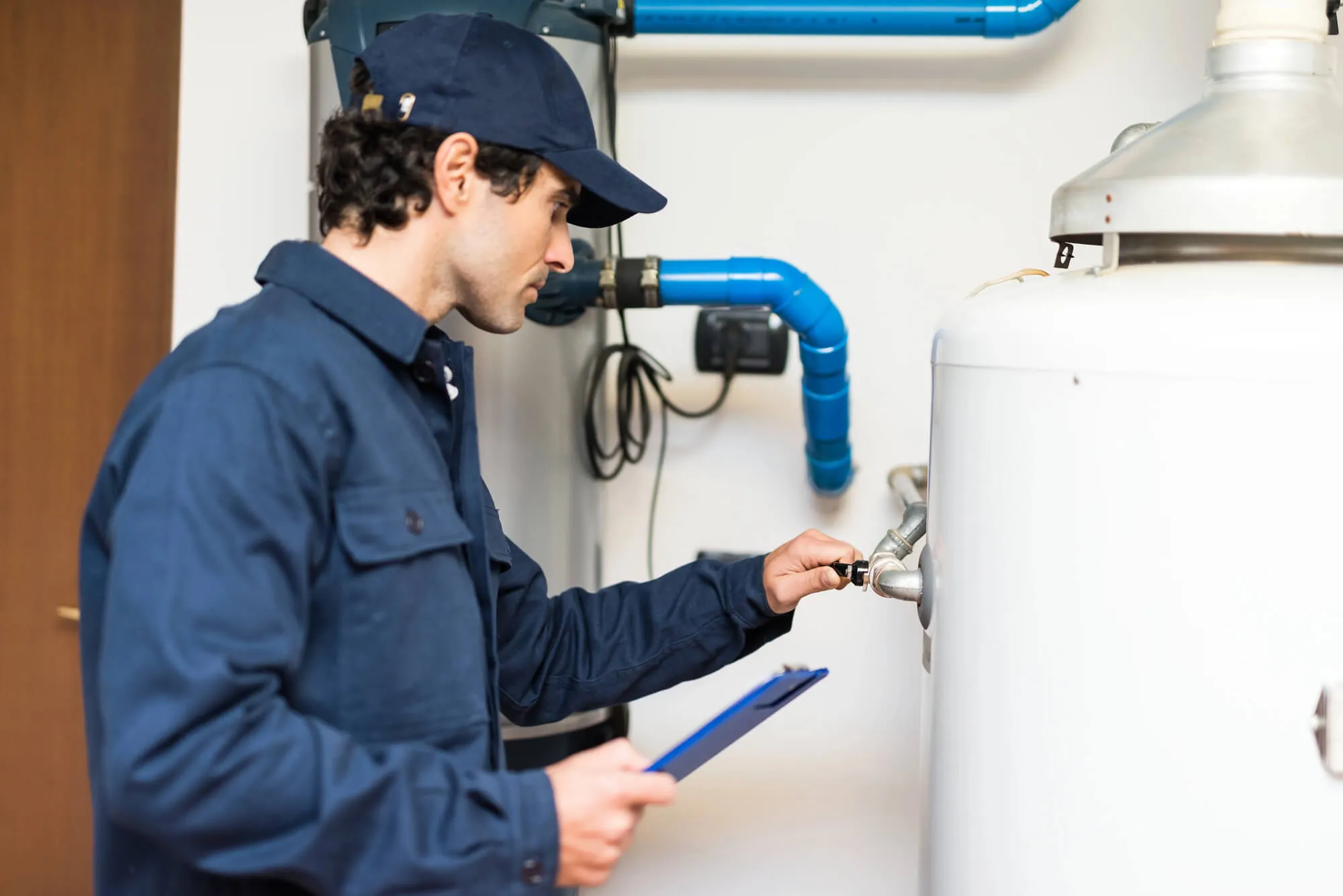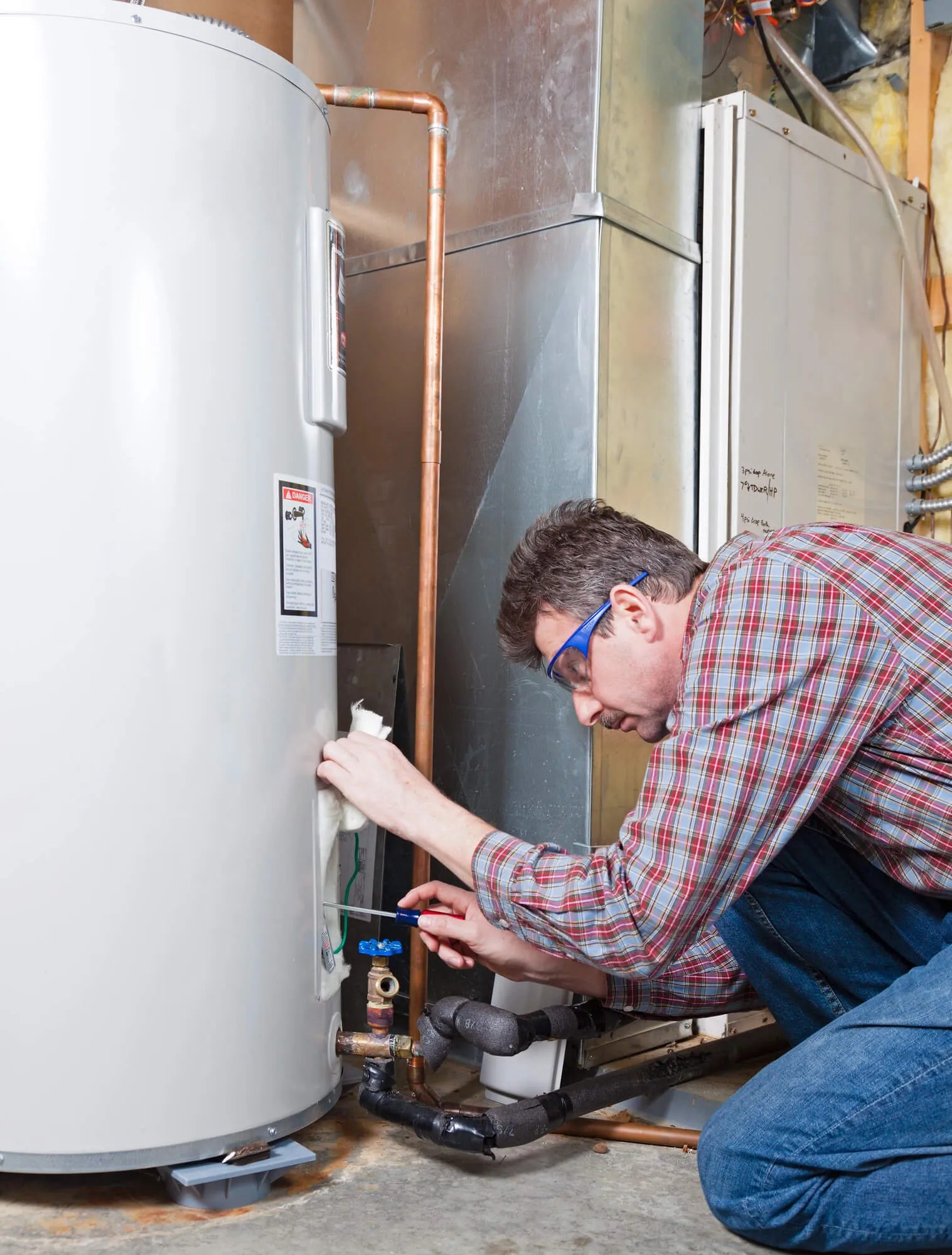Few things are more frustrating than expecting a warm shower and getting hit with cold water instead. A sudden lack of hot water often signals trouble within your system, and identifying the cause can save time, stress, and money. If you’re facing this issue, professional water heater repair services in Omaha can identify the problem and restore your home’s comfort safely and efficiently.

Why Water Heaters Fail
A water heater works tirelessly every day to provide your home with a steady supply of hot water for bathing, laundry, and cooking. Over time, wear, buildup, or mechanical problems can lead to breakdowns. Below are the most common causes of water heater failure, along with steps you can take to address them.
1. Sediment Buildup
Omaha’s hard water is rich in minerals, such as calcium and magnesium. As water heats, these minerals settle at the bottom of the tank, forming a layer of sediment that reduces efficiency. Over time, this buildup causes your heater to work harder to warm the same amount of water, leading to higher utility bills, uneven heating, and eventual tank damage. Flushing your tank annually helps prevent sediment accumulation and extends the lifespan of your system.
2. Corrosion
Most tanks are lined with glass or enamel, but once that protective layer cracks, the metal underneath begins to rust. Corrosion often starts around the heating element, fittings, or the tank itself. When rust forms, it weakens the structure and may cause leaks that cannot be repaired.
Professional plumbers inspect for corrosion and may recommend replacing the anode rod, a small yet essential component that protects your tank from premature rusting.
3. Faulty Heating Elements
In electric water heaters, the heating elements are what warm your water. If one burns out, you may notice lukewarm or fluctuating temperatures. This issue can sometimes be resolved by replacing the element; however, if your system is older, it may be more practical to replace the entire unit.
A trained plumber can test both elements, assess their condition, and make recommendations based on your heater’s age and efficiency.
4. Thermostat or Pressure Relief Valve Issues
If the thermostat malfunctions, the heater may overheat or fail to reach the desired temperature. Similarly, a faulty pressure relief valve can lead to a dangerous buildup of pressure inside the tank. Both issues pose significant safety risks—especially if ignored for too long.
Routine inspections ensure these critical safety components are working correctly. If you notice water leaking from the top of the tank or hissing noises, it’s best to call a professional right away.
5. Age and General Wear
Even with the best maintenance, most traditional water heaters last 8–12 years. Tankless models can last up to 20, but age eventually affects all systems. Over time, efficiency declines, parts wear out, and the risk of leaks increases.
If your unit is approaching its expected lifespan, repairs may only provide temporary relief. In these cases, upgrading to a new, energy-efficient model can save money in the long run and prevent sudden breakdowns.

Protect Your Home with Professional Water Heater Repair in Omaha
A broken water heater disrupts comfort and can lead to higher energy bills, leaks, or costly replacements if ignored. For reliable service and lasting results, contact Omaha Drain. Our licensed plumbers provide professional water heater repair and installation backed by honest pricing and no trip charges.
Restore your home’s comfort and peace of mind—schedule your water heater repair service today with a team that values transparency, safety, and customer care.
%20(1).avif)


